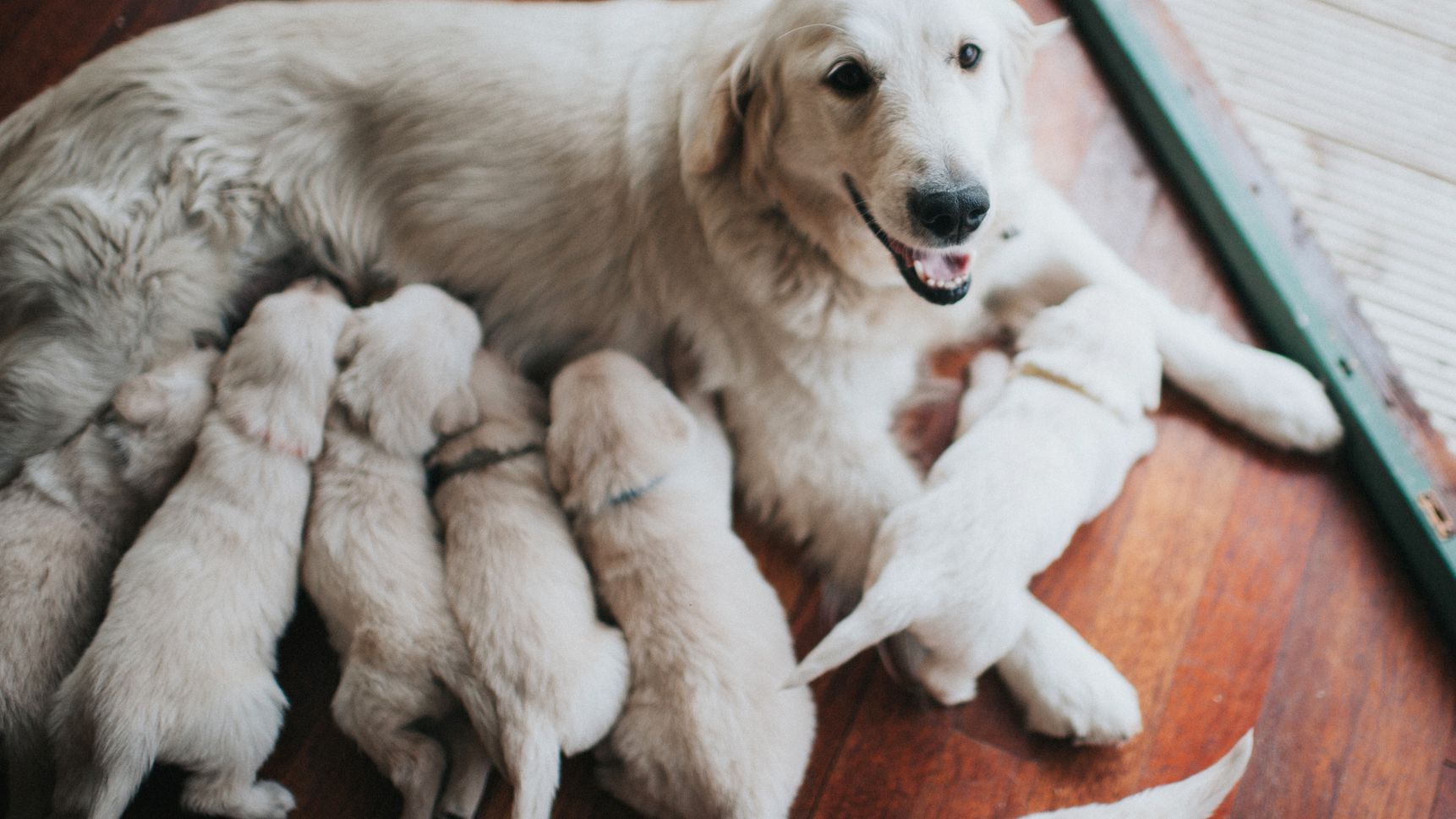
It’s vital to consider all the risks that our pets may face during a Fourth of July celebration. There are ways to reduce the stress that this holiday may cause our pets.
Keep your pet safe on the Fourth of July.
1. Keep Your Pet Indoors
Pets should be kept inside for the Fourth of July celebrations. Dogs do not sweat like humans, so they are more susceptible to heatstroke. Dogs can also be overwhelmed by large crowds of people. Some people may not feel comfortable or confident when interacting with them.
It’s a good idea to keep your dog inside the home, but it is better to put your pet in a room with a wall when people are entering and leaving the house. It will prevent your dog from escaping and running outside. It could be:
- A baby gate
- An interior door
- Crate
- A pen
2. Make a Pet-Friendly Space
Take into consideration how your pet may be affected by the activity of the day. If your cat or dog is sensitive to sound, you should choose a room with the least amount of exposure to outdoor noise and best sound-dampening.
You can help them relax by providing a comfortable bed, enrichment toy or chew and water. Add white noise, to block out any additional noise or use a diffuser like or Adaptil (tm) for additional stress relief.
3. Be prepared for noise phobia
It is important to begin making plans for your pet a few months before the Fourth of July if they have shown signs of fear, anxiety, or distress with loud sounds. Discussing their level of sensitivity and planning the holiday is important. It may be:
- Prescription medication for your cat or dog
- You can also take supplements to calm you down, like VetriScience Composure and Nutramax Solliquin chewable tablets.
- Environmental Modifications
- Anxiety vests such as the ThunderShirt
- Pheromones that appease
Desensitization or counter-conditioning to fireworks sounds in the weeks leading up to the celebration can help to reduce anxiety. It is important to not leave pets who are nervous alone. You can hire a pet-sitter, or plan on staying with your pet during the fireworks.
Desensitization, or counter-conditioning to sounds of fireworks in the weeks leading up to the celebration can reduce anxiety.
4. Ensure your pet has an up-to-date ID
Accidents can happen even when you take all the precautions. If your pet does get lost, it’s vital that you can easily identify them and return them to you. Your pet’s collar should include your current contact information. This will make it easier to find them.
Having your animals microchipped–and the microchip registered with all necessary information–provides an added method of identification if they happen to lose their collar. You should also have current, clear photos of your pet in the event that they are lost.
5. Do not feed your pets food
It’s not always safe to feed our pets the Fourth of July meal. Both dogs and cats are at serious risk from many common backyard BBQ foods. Many ingredients can cause gastrointestinal problems for our pets. These include Onions and Garlic.
Canines cannot properly digest fats. Ingesting large amounts of hotdogs or brisket can cause pancreatitis, a painful and life-threatening condition. meat bones and corncobs are all things that can cause a GI blockage. When bones are chewed, they can splinter and cause a perforation of the esophagus. Avoid sharing your food with pets.
6. Don’t let your pet drink alcohol
Alcohol is toxic for dogs, cats and can cause organ failure and death.
Alcohol can be toxic to your pet even if it is not ingested. It may be absorbed by the skin. To ensure your pet’s safety, alcohol-containing products should not be placed within reach.
Your pet does not need to ingest alcohol to experience a toxic response. It can be absorbed by the skin.
7. Do not let your pet play with glow sticks
Glow Sticks are popular for the Fourth of July, but they’re not suitable for pets. The chemical in glow sticks is dibutyl phthalate. Though it is non-toxic to dogs and cats, it can still cause adverse reactions when they are chewed.
8. Keep Your Pet Away From Citronella
Citronella can be used to repel insects during summer. You can find it in the form of essential oils, candles, sprays, and torches. It is also available as a plant. These products can be harmful to our animals.
Citronella candles are a serious respiratory irritant to pets. Ingestion of the citronella plant can also cause serious GI distress. Citronella plants can irritate pets’ skin, and ingesting them can lead to vomiting, abdominal discomfort, hypersalivation or weakness. We should avoid letting our pets be around citronella of any kind.
9. Be Alert to Signs of Heat Stress
High temperatures and humidity can cause pets to overheat. We can minimize the risk by providing plenty of shade and cool water. But it is important to watch for any signs our pet may be too hot.
Overheating pets can be identified by heavy panting, labored breathing and drooling. They may also have red mucus surfaces or an elevated heart rate. Brachycephalic Pets or animals with respiratory problems are more susceptible to overheating.
10. Open flames should be avoided
The Fourth of July is not complete without a delicious barbecue. Grilling is unfortunately not a safe activity for pets.
Pets should always be at least 3 feet from grills and open flames. Even better, the grill should be completely inaccessible. Avoid letting your pet be in the vicinity of flames. Smoke can cause respiratory irritation. All lighter fluids, matches, and lighters can be toxic for our pets. The grease from a grill is also dangerous to them.
This holiday can be fun and safe if we take the time to prepare ahead.